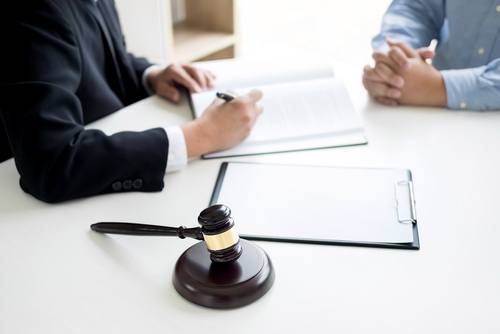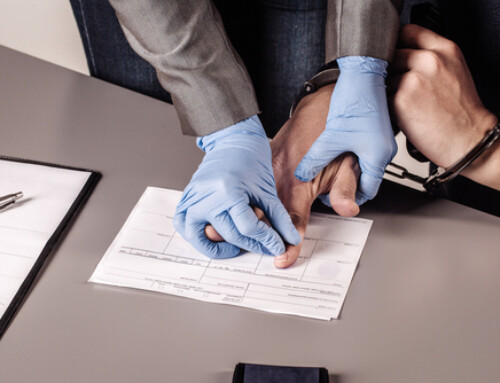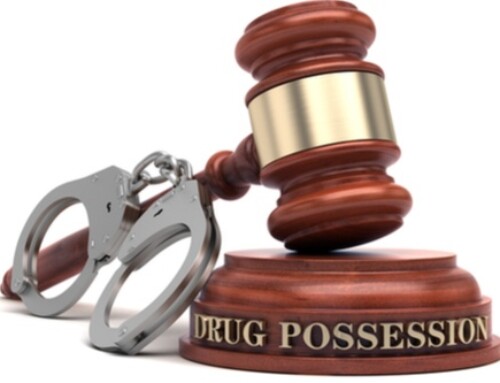In South Carolina, all crimes carry the potential for fines and jail time and having a conviction on your record can impact your life for decades. If you have been arrested in North Charleston, you need to do everything possible to protect yourself, and this starts with speaking with a criminal lawyer about the defenses you may have available.
The good news is that there are numerous potential defenses to criminal charges in South Carolina. The not-so-good news is that these defenses may or may not apply to the circumstances of your case. However, in virtually all cases, criminal defendants will have at least some grounds to challenge the charges against them, whether this involves challenging the constitutionality of the arresting officer’s conduct or arguing that the prosecution does not have the evidence required to meet its burden of proof.
1. Defenses Focused on Innocence
The simplest way to defend yourself is by arguing that you did not actually commit the crime alleged. While this can involve presenting evidence that you are innocent, since the government has the burden of proving your guilt beyond a reasonable doubt, you do not have to prove that you are innocent in order to avoid a conviction. If you can expose flaws in the government’s case, this can be enough to avoid a guilty verdict at trial. Examples of defenses in this category include:
Abandonment or Withdrawal
In some cases, it can be a defense to argue that you abandoned or withdrew from a planned crime before the crime was committed. If you decided against going forward with the crime and took steps to prevent it (including calling the police), then you do not deserve to be convicted. However, asserting this defense can be tricky, as it is possible to be convicted of attempt or conspiracy even if you did not participate in the actual commission of a crime.
Alibi
Presenting an alibi can establish your innocence and clearly absolve you of any potential criminal responsibility. If there is evidence showing that you were somewhere else when the crime was committed, then the jury should not be able to find guilt beyond a reasonable doubt.
Lack of Evidence
Since the prosecutor’s office has the burden of proof, you do not necessarily need an alibi or other exculpatory evidence to avoid a conviction. By exposing shortcomings in the government’s case, you can avoid a conviction regardless of the true facts at hand.
2. Affirmative Defenses
In some cases, you may not be able to successfully challenge the allegations against you, but you may be able to argue that your conduct was excused or justified. This is what is known as an “affirmative defense.” Some examples of affirmative defenses include:
Duress or Coercion
If you committed a crime under duress, or if you were coerced into committing a crime, this may provide a defense to culpability. In order to prove that you acted under duress or coercion, you must be able to show that you only committed the crime because you felt that you had no choice other than to do so.
Mistake
While ignorance of the law generally is not a defense, if you were mistaken as to the facts when you committed a crime, then your conduct may be excused. For example, if you were charged with stealing a car that you thought you had permission to borrow, you might be able to assert the defense of mistake of fact.
Necessity
Similar to duress and coercion, the defense of necessity involves claiming that you felt you had no choice but to commit a criminal act. For example, if there was an emergency and you had to drive on a suspended license in order to find a phone, you may be able to argue that it was “necessary” for you to violate the law.
Self-Defense or Defense of Others
Acting in self-defense or in defense of another person can provide justification for the use of deadly force in South Carolina. In order to claim self-defense or defense of others successfully, you must be able to show that you acted in response to provocation and that you reasonably believed that the use of force was necessary to prevent serious injury or death. Self-defense is different from the “Castle Doctrine,” which provides immunity from criminal and civil prosecution.
3. Violations of Your Constitutional Rights
Under the Equal Protection Clause of the Fourteenth Amendment, all of the constitutional protections that apply in federal criminal cases apply in state criminal cases as well. If the police or prosecutors violate your constitutional rights, then any evidence obtained in violation of your rights may be inadmissible in court. Additionally, some constitutional violations will provide complete protection against prosecution regardless of the facts at hand or the evidence that is available.
Examples of constitutional protections that apply in South Carolina criminal cases include:
- Protection against unreasonable searches and seizures
- Protection against self-incrimination
- Protection against surprise evidence and charges
- Protection against ex post facto prosecution
- Protection against double jeopardy
- Right to legal counsel
- Right to a fair and speedy trial
4. Crime-Specific Defenses
In addition to the defenses listed above, there are also various defenses that apply to specific types of criminal offenses. For example, in a DUI case, you may be able to argue that the breathalyzer was not properly calibrated or that there is an alternate explanation for your alleged erratic driving behavior. Likewise, if you have been charged with resisting arrest, you may be able to argue that the arrest was unlawful. Your criminal defense attorney should be able to use his or her experience defending clients against criminal charges to identify any crime-specific defenses you have available.
Speak with a North Charleston Criminal Defense Lawyer for Free
If you are facing criminal charges in South Carolina, it is important that you speak with an attorney as soon as possible. To discuss your case with North Charleston criminal defense lawyer Rad Deaton in confidence, call 843-225-5723 or request a free consultation online now.






